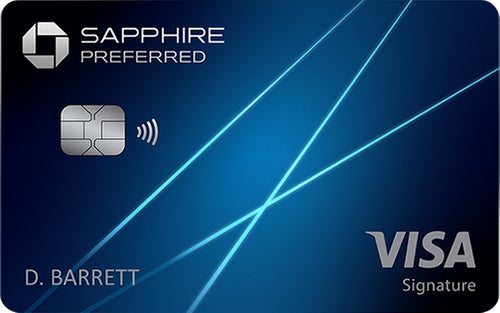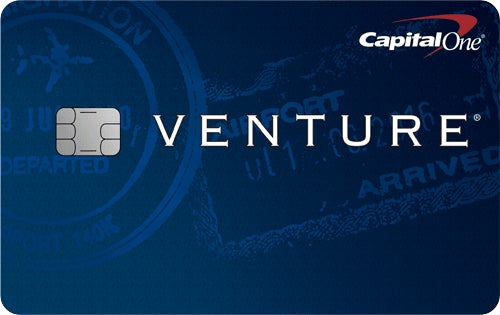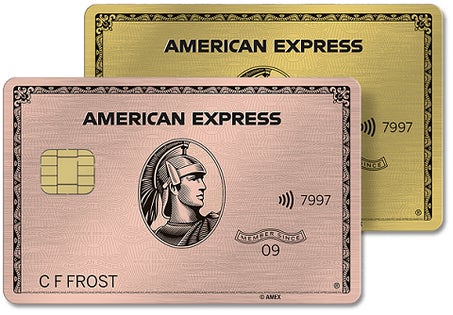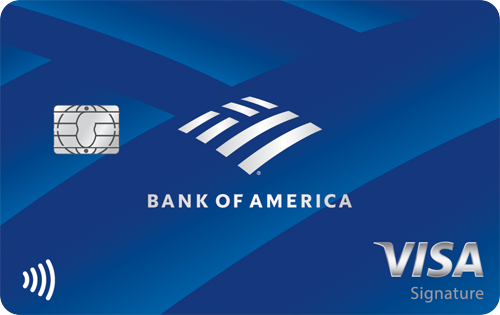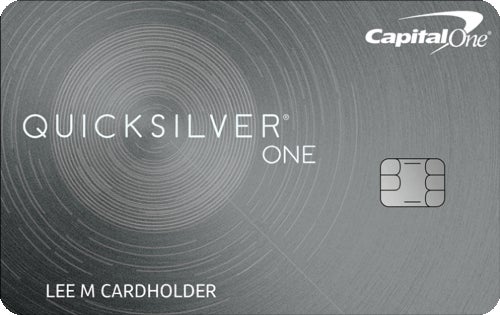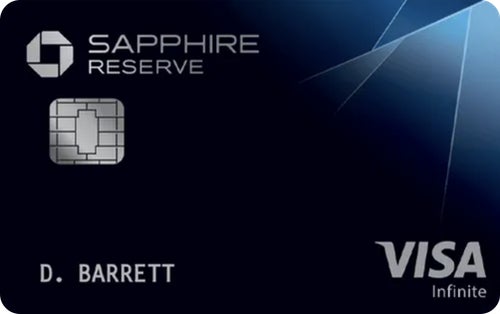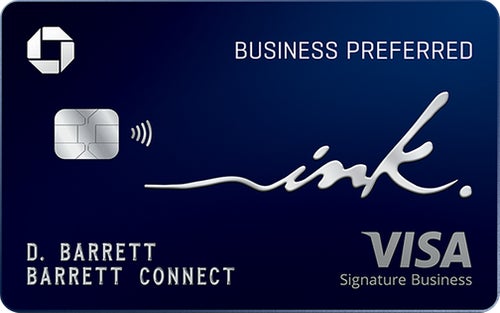Unfortunately, many US-issued credit cards include a foreign transaction fee when you use them abroad. Typically, the fee is small (between 1-3% of your purchase), but it can quickly add up over the course of your trip. The same applies if you’re based in the U.S. but frequently buy from international retailers. The good news is that a number of the top credit cards don’t have foreign transaction fees. However, these cards can vary quite a bit in terms of annual fees, sign-up bonuses, and rewards rates, so it’s imperative to do your research before signing up. Below, you’ll find a list of top cards to consider so you can determine the best no foreign transaction fee credit card for your needs.
You can maximize your points earnings when you spend in certain categories, including dining, online grocery shopping, and travel. When you’re ready to redeem, you can transfer them to your airline or hotel rewards programs or use them to reserve travel through the Chase Ultimate Rewards portal (for 25% more value). Or, if you don’t want to redeem your points for travel, you can swap them for cashback. With an annual fee of just $95, it’s hard to beat the Chase Sapphire Preferred in terms of value – especially for frequent travelers. It could also be a good option if it’s your first rewards credit card because it strikes a good balance between perks and an affordable annual fee. Pros:
Fantastic sign-up bonusExtra incentives for booking travel through ChaseBonus points for spending in certain categories
Cons:
Need to meet the minimum spend to qualify for the sign-up bonusCan’t transfer points to a certain airline or hotel loyalty programsHigher annual fee than some other cards
If you’re thinking about saving your miles for a few years to splurge on a business class flight or a honeymoon, the Venture card could be a smart choice. As long as your account stays open, your rewards won’t expire, and there’s no limit on how many points you can accrue. When you’re ready to use your miles, you can book directly with your provider and receive a statement credit. Alternatively, you can opt to transfer your points to one of Capital One’s travel partners (including British Airways, and Qantas). At $95, Venture’s annual fee is similar to its competitors. Overall, it’s an interesting option if you’re a regular traveler looking for a simple, easy-to-understand rewards card with a decent sign-up bonus. Pros:
2x miles per dollar on every purchaseIncludes statement credit for Global Entry or TSA PreCheck access75,000 point sign-up bonus when you spend $4,000 in the first three months
Cons:
No special bonus point categoriesCapital One’s travel partners do not include major U.S. airlinesNot the best option for infrequent travelers
In terms of travel, you’ll get 3x points on flights (as long as you book through an airline or the American Express® travel portal). If you’re a regular Uber user, you can also rack up monthly credits for Uber’s rideshare or food delivery services. And when it’s time to redeem your points, you can either book travel through the AmEx portal or by transferring to the company’s travel partners. At $250, the Gold Card’s annual fee is higher than most other cards on this list. However, there are simple ways to offset the cost (see Rates & Fees). Between the dining bonuses, the travel perks, and the 60,000-point welcome bonus (after you spend $4,000 in the first 6 months of card membership), the Gold Card is certainly worth considering. Pros:
Earn extra points on dining, groceries, and flightsOpportunities to earn monthly Uber and dining creditsChoose card color (gold or rose gold)
Cons:
High annual feeSome international merchants won’t accept American ExpressSupermarket bonus earning only valid for U.S. grocery stores
When you’re ready to trade in your points, there’s no need to book through a special portal or transfer your points to a loyalty program. Instead, you can exchange your points for a statement credit to cover the travel or dining expenses you’ve charged to your card. For most cardmembers, the most compelling perk of this credit card is the $0 annual fee. In general, we don’t think that an annual fee should be a deterrent if there’s a credit card that’s a great match for your spending habits. However, we recognize that some people would prefer a card without a fee. If that’s you, consider the Bank of America Travel Rewards card. Pros:
No annual feeEasy and flexible point redemptionThe generous sign-up bonus for a card with no annual fee
Cons:
Best suited for Bank of America customersLower rewards rates than other cardsIt might offer less value than a card with an annual fee
With this card, you’ll get 1.5% cashback on every transaction, both at home and overseas. Plus, there’s no maximum on how much you can earn. On top of that, you’ll get an extra $200 one-time statement credit if you spend at least $500 within three months of opening your card. Unlike many other rewards credit cards, the Capital One Quicksilver Cash Rewards has a $0 annual fee. We think it’s worth checking out if points and travel rewards aren’t your thing, but you still want a card that won’t charge you a fee for international transactions. Pros:
$0 annual feeUnlimited cashback on all purchasesGenerous introductory APR for purchases and balance transfers
Cons:
Flat earning and redemption ratesCan’t transfer points to travel partnersNot the best for earning higher-tier status with airline or hotel loyalty programs
As a card member, you’ll receive up to $300 in statement credit each year for travel purchases. Once you exceed $300 in travel expenses in a year, you’ll graduate to higher rewards rate tiers, earning 5x points on flights and 10x points on hotels and car rentals (as long as you purchase through Chase Ultimate Rewards). Plus, you’ll get 10x points on Chase Dining and 3x points on other restaurants and delivery services. With all of these incredible perks, it’s not surprising that the annual fee for the Chase Sapphire Reserve is a hefty $550. But if you’re a frequent traveler, it’s easy to get your money’s worth from this card – and that’s not even including the 60,000-point welcome offer. Pros:
Annual $300 travel creditExceptional rewards ratesPriority Pass membership for airport lounge access
Cons:
High annual feeNot worth the cost unless you’re a frequent travelerOnly for applicants with excellent credit
What really sets this card apart, however, is the sign-up bonus. After you spend $15,000 in the first three months of opening your card, you’ll earn 100,000 bonus points to redeem through Chase Ultimate Rewards or transfer to the company’s travel partners. You can even open cards for your employees at no extra cost, helping you earn rewards faster. The Chase Ink Business Preferred has a $95 annual fee, which is reasonable when you consider the card’s perks. All in all, we think it’s worth exploring – as long as you have enough business expenses to earn the welcome bonus. Pros:
Massive sign-up bonusHigh rewards rate for certain business expensesPoints are worth 25% more when redeemed through Chase Ultimate Rewards
Cons:
Has an annual feeIt doesn’t include extra rewards for diningOnly for business owners
We evaluated each card based on the following criteria:
Annual feeWelcome bonusRewards ratesAdditional incentives (for example, Priority Pass memberships or Uber credit)Reviews
For example, if you go overseas multiple times per year, you might consider a card that rewards you for travel-related expenses, such as the Chase Sapphire Preferred Card. Whether you’re traveling for work or leisure, these credit cards allow you to earn extra points on flights, hotels, and car rentals, which you can ultimately redeem for future travel purchases. They’ll usually come with high annual fees, but you can typically offset the costs if you use your card in the right way. On the other hand, you might not travel abroad regularly, but you still want a card with no foreign transaction charges. Maybe you’re saving up for an international trip in the future, or you buy from overseas retailers. In either case, you’ll probably want to look for a card with no annual fee that still rewards you for spending, such as the Capital One Quicksilver Cash Rewards Card.
Hilton Honors Surpass® American Express Card | Annual fee: $95 (see rates & fees)Citi/AAdvantage Platinum Select World Elite Mastercard | Annual fee: $99 (waived for the first year)Marriott Bonvoy Business® American Express® Card | Annual fee: $125 (see rates & fees)
